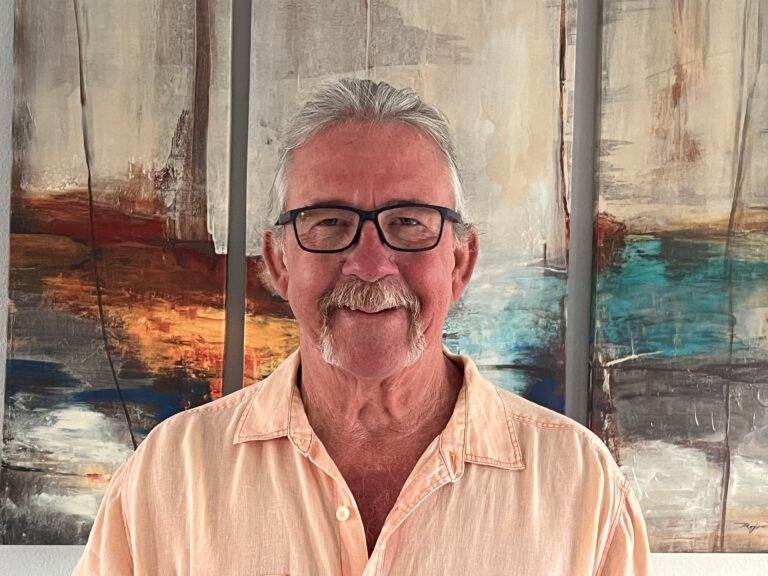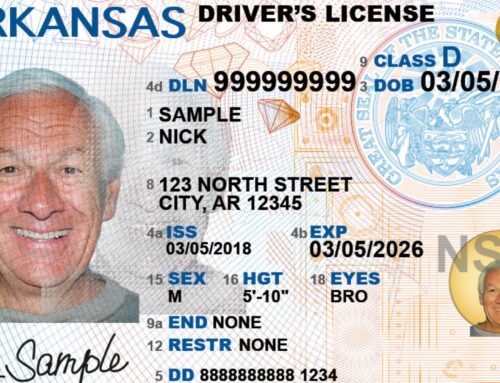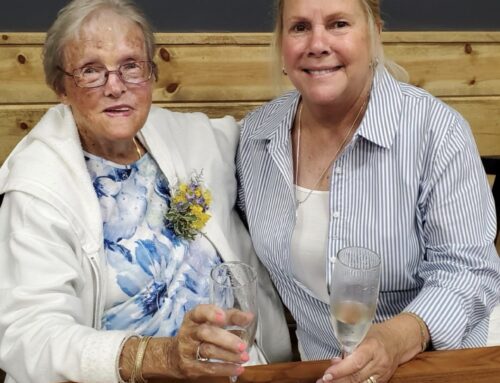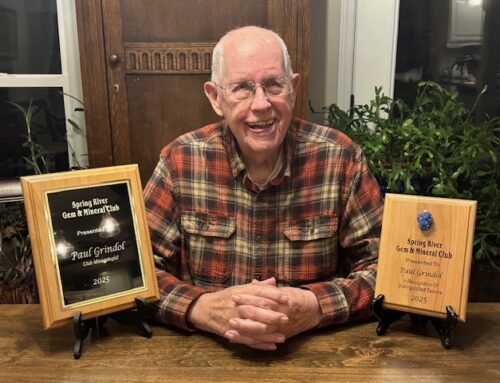Gratitude is medicine. We don’t have to get a prescription to get it. We don’t have to pay for it. It does not have the negative side effects that most medications have. We don’t have to take it on an empty stomach or with food. We don’t have to take it with water. We don’t have to wonder whether we took our morning dose or our bedtime dose. We can’t overdose on it. We don’t have to pack it in our luggage or purse whenever we go out of town. In fact, gratitude may be some of the best medication we can take, and it is free,
Research is clear about the numerous psychological and physiological benefits of gratitude. Grateful people are healthier and more likely to engage in healthy behaviors such as exercise and eating healthier. Being grateful reduces diastolic blood pressure, calms the nervous system, improves sleep, and boosts the body’s immune system. Some studies have found that more grateful cardiac patients experienced less fatigue and had lower levels of cellular inflammation. Also, another study found that people struggling with cardiovascular issues who used a gratitude journal for eight weeks had reduced inflammatory markers. Gratitude can decrease difficulties with chronic painand risk of disease.
More grateful people are happier, have a higher level of life satisfaction, tend to be less depressed, anxious, resilient after experiencing a traumatic event, and less likely to experience burnout. Studies have shown that people who express gratitude over time can change the way their brain works. Regions of the brain associated with negative emotions such as guilt, self-criticism, hopelessness, and pessimism are less activated while regions of the brain associated with peace, contentment, alertness, focus, and passion are more stimulated. Gratitude encourages the development of other values such as wisdom, patience, and humility. Interestingly, grateful people tend to be present and engaged in the moment rather than lost in the past or future. Grateful people seem to have more satisfying relationships.
Gratitude is simply consciously recognizing the good that is in our life. It doesn’t mean being in denial or that everything is alright in your life or in the world. It just means that alongsideall that is broken there is a sense of giftedness, something immutable that can’t be taken from you, and is not dependent upon external conditions.
We can become more gratitude by practicing gratitude. It is like exercising to build muscle. Here are some ways to build your gratitude muscle and experience the benefits of gratitude. Write a letter of gratitude to someone who has meant a lot to you in your life and even better write one to someone for whom you are grateful but have not expressed your heartfelt thankfulness to them. Another way is to write down or verbally express three things for which you are thankful each day. Also, consider using a gratitude journal. In addition, consider reframing your experience. It is easy to fall into the trap of a negative biaswhere our focus stays on bad news and the unpleasant and failsto find the positive and overlook the good things that happen. For example. We can complain how hot it is, or we can marvelat how a star ninety-two million miles away can warm the earth. We can focus upon having to go to work on Monday morning or express gratitude that we have a job that brings in money that helps us pay our bills and allows us to do some of the things we enjoy.
Start today building your muscle of gratitude. Just start by saying thank you. Happy Thanksgiving!






